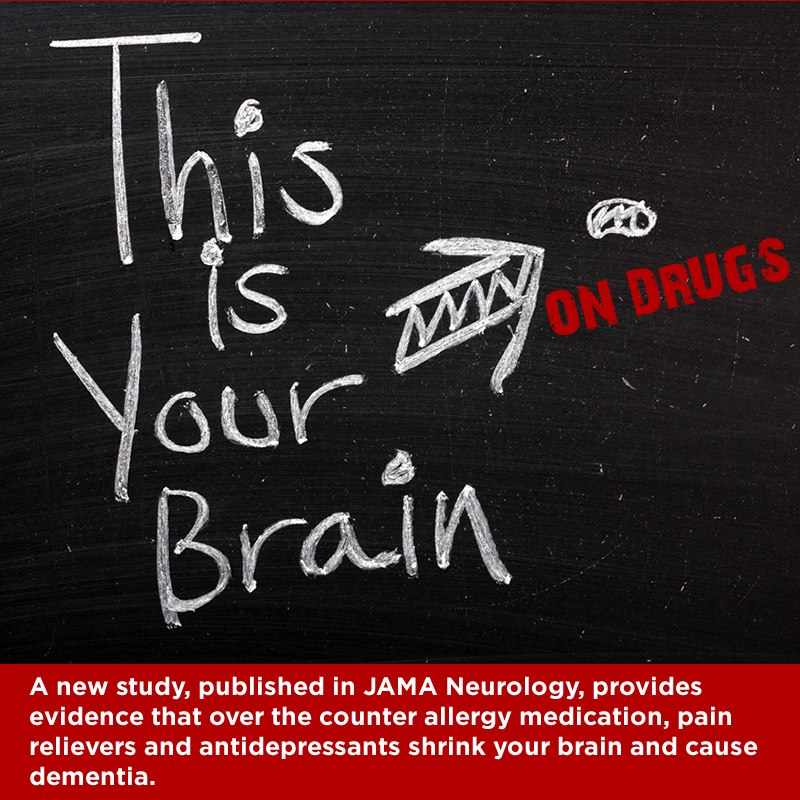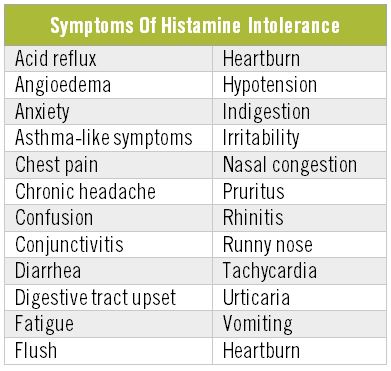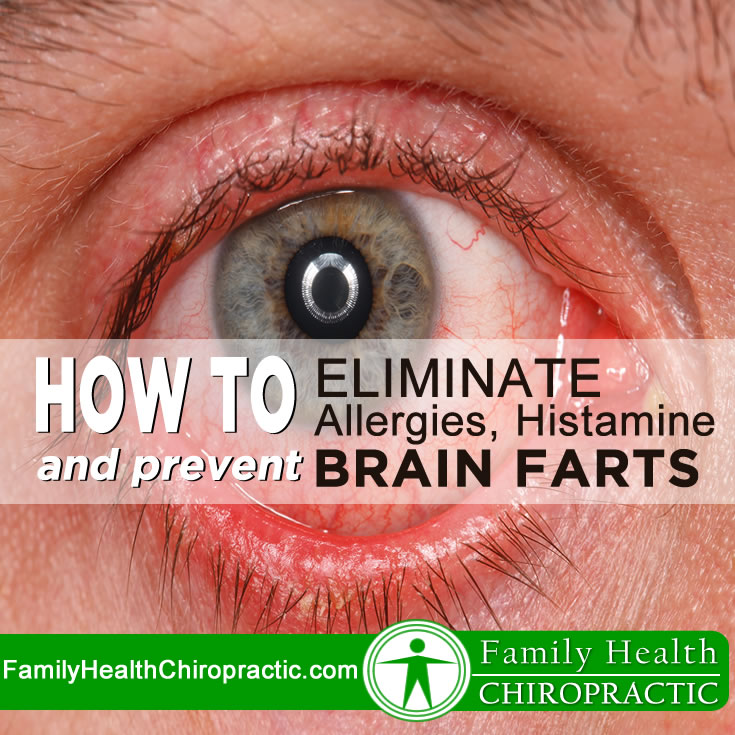Do you suffer from seasonal allergies? Chances are, if you’re reading this – you’re a fellow Austinite and personally suffer from allergies or know many people who do!
Over the last 50 years, allergic diseases and disorders have continued to rise in the industrialized world. Allergic rhinitis, the medical term for hay fever and what’s behind the unpleasant seasonal allergy symptoms the people of Austin all know so well, develops when the body’s immune system becomes sensitized and overreacts to something in the environment.
When left untreated, allergies cause blocked and runny nose, sneezing, watery eyes, headaches, an impaired sense of smell and god awful irritated eye lids — but this is in less severe cases. For some allergies can be life threatening, leading to inflammation in and around the lungs resulting in a shortness of breath. In 2004, Austin, Texas was named the number one allergy capital by the Allergy and Asthma Foundation of America and it continually ranks in the top 5 worst US cities for seasonal allergies overall.
With summer approaching, if you are like most people, you are looking for ways to prevent, reduce and even eliminate your seasonal allergy symptoms. Today, I want to share with you a three-step approach to curing seasonal allergies naturally and effectively as well as bring to your attention common treatments that can be harming you more than you know.
FIRST THINGS FIRST: YOUR BRAIN ON DRUGS

What did they discover? Over the counter Anticholinergic medications (histamine blocking) and prescription drugs are linked to dementia, cognitive decline and to be blunt: a shrinking brain.
This class of drugs includes popular medications like Benadryl, Demerol, Dramamine, Paxil, Advil PM and Unison, among others.
It’s important to note that this isn’t the first time researchers found a relationship between this class of drugs and brain impairment. In 2015, University of Washington scientists also found the chronic use of certain anticholinergic sleep aids and hay fever meds in the increased a person’s risk of dementia.
Anticholinergic drugs include antihistamines, anti-psychotics, anti-vertigo drugs, cardiovascular and gastrointestinal drugs, and muscle relaxants, according to the Centers for Medicare and Medicaid Services.
Pay attention here: It is important to remember that the active ingredients are approved by the U.S. Food and Drug Administration and recognized as safe and effective when taken as instructed on the product label. So yes, the FDA approved a product that causes dementia and shrinking of the brain. I don’t like being an alarmist; but there is just too much out there that we don’t know about.
The takeaway here is that just because it's over-the-counter does not necessarily mean it's safe for you to use long term. Just because medication is easy, doesn’t mean it’s the best.
So what options do you have? Let me start by saying you have many; but it will be a comprehensive approach and takes work.
LETS START WITH HISTAMINE INTOLERANCE

Histamine Intolerance, in my opinion, is the biggest factor behind most allergy sufferers. Histamine is a chemical produced by the body that works with immune function, proper digestion, and your central nervous system. As a neurotransmitter, it communicates important messages from your body to your brain. It is also a component of stomach acid, which is what helps you break down food in your stomach.
When histamine is released it causes your blood vessels to swell, or dilate, so that your white blood cells can quickly find and attack the infection or problem. The enzyme Diamine Oxidase or DAO is then released to chew up histamine and prevent irritation. Histamine intolerance occurs when something prevents DAO from being produced. This can include: bacterial overgrowth (SIBO), Leaky Gut, GI Bleeding, DAO deficiency and or excess Histamine-rich Foods.
Here are a few symptoms of Histamine Intolerance (Inability to break histamine down):
- Headaches/migraines
- Difficulty falling asleep
- Hypertension
- Vertigo or dizziness
- Arrhythmia, or accelerated heart rate
- Difficulty regulating body temperature
- Anxiety
- Nausea, vomiting
- Abdominal cramps
- Flushing
- Nasal congestion, sneezing, difficulty breathing
- Abnormal menstrual cycle
- Hives
- Fatigue
- Tissue swelling
START WITH AN ELIMINATION DIET
In addition to the histamine produced inside your body naturally, there are a variety of foods that naturally contain histamine, cause excess release of histamine or block the DAO enzyme.
When performing an Elimination Diet, I have patients remove toxic and inflammatory foods from the diet for a minimum of fourteen days (28 would be better). The inflammatory foods you remove are: gluten, dairy, soy, yeast, eggs, corn, peanuts, alcohol, sugar, caffeine and food additives. I’ve also provided a list below specifically related to histamine.
Here’s a list of foods rich in histamine:
- Fermented alcoholic beverages, especially wine, champagne and beer
- Sauerkraut, vinegar, soy sauce, kefir, yogurt, kombucha
- Pickles, mayonnaise, olives
- Cured meats: bacon, salami, pepperoni, luncheon meats and hot dogs
- Soured foods: sour cream, sour milk, buttermilk, soured bread, etc
- Dried fruit: apricots, prunes, dates, figs, raisins
- Most citrus fruits
- Aged cheese including goat cheese
- Nuts: walnuts, cashews, and peanuts
- Vegetables: avocados, eggplant, spinach, and tomatoes
- Smoked fish and certain species of fish: mackerel, mahi-mahi, tuna, anchovies, sardines
Here’s a list of foods that release histamine:
- Alcohol
- Bananas
- Chocolate
- Cow’s Milk
- Nuts
- Papaya
- Pineapple
- Shellfish
- Strawberries
- Tomatoes
- Wheat Germ
- Many artificial preservatives and dyes
Here’s a list of foods that block DAO:
- Alcohol
- Energy drinks
- Black tea
- Mate tea
- Green tea
So now that I’ve told you what to avoid, here’s “Safe List” that you can experiment with:
Foods that are considered “Low-Histamine”:
- Freshly cooked meat or poultry
- Freshly caught fish
- Cooked eggs
- Gluten-free grains*: rice, quinoa, corn, millet, amaranth
- Fresh fruits: mango, pear, watermelon, apple, kiwi, cantaloupe, grapes
- Fresh vegetables (except tomatoes, spinach, avocado, and eggplant)
- Dairy substitutes: coconut milk, rice milk, hemp milk, almond milk
- Cooking oils: olive oil, coconut oil
- Leafy herbs
- Herbal teas
UNDERGO IgG FOOD SENSITITY TESTING
The elimination diet is a great place to start, but some people choose to test for food sensitivities. This process involves getting a blood test called an IgG Food Sensitivity Test to determine which foods they are intolerant to. The advantage of the Food Sensitivity Testing is that it test for 155 foods.
The Food Sensitivity Test is different than traditional allergy testing in that it is checking for IgG or delayed immune reactions where as the allergy testing checks for IgE or immediate immune reactions.
Food sensitivities or intolerances can develop over time, often because of a poor diet and a leaky gut. The consequences of improper food choices can manifest as food intolerances and cause weight gain, fatigue, sinus problems, acne, mood swings, and Irritable Bowel Syndrome.
Because the reactions can take up to 72 hours to occur they can be very difficult to recognize. Eating a diet low in these inflammatory foods reduces excess swelling and fluid accumulation in your tissues, which will assist with your body’s healing, detoxification processes and reduce seasonal allergies symptoms.
FINALLY, GET THE GUT CHECKED!
I know many of my patients with seasonal allergies have likely taken many antibiotics in their lifetime. Because of this, the antibiotics kill of most or all of their good bacteria and they end up with intestinal yeast or Candida overgrowth.
Candida alone will exponentially increase allergy symptoms and damage the gut resulting in a condition known as “leaky gut”. Leaky gut then increases our susceptibility to food sensitivities or intolerances, which just fuels this vicious cycle over and over again.
Symptoms of Candida or intestinal yeast include itching especially in the anal or genital region or ears, bloating or gas, eczema-like rash or diaper rash, intense sugar cravings, headache, brain fog, anxiety and even hyperactivity in children. Candida infections can be confirmed by either a blood test or a comprehensive stool test. I tend to find that the comprehensive stool test picks up Candida more often than the blood test.
If your seasonal allergies have not fully resolved after completing an elimination diet then I would highly recommend that you request a comprehensive stool test.
FINAL THOUGHTS AND REMEDIES
While It’s often possible to deal with conditions like allergies and insomnia without turning to supplements, herbs or over the counters, here are a few remedies to try:
Essential Oils
- A 2010 study published in the Journal of Ethnopharmacology suggests peppermint oil acts as a relaxant and exhibits antispasmodic activity, inhibiting contractions that causes you to cough.
- Basil oil is another option which helps to reduce the inflammatory response of allergens. It also supports the adrenal glands, which are involved in producing over 50 hormones that drive almost every bodily function. Essentially, basil oil is helping your body to react appropriately to a threat by rushing blood to your brain, heart and muscles.
- Take 1 to 2 drops of these oils internally every day.
Bone Broth
Bone broth from chicken, beef or lamb helps to ease respiratory problems. It also helps to reduce inflammation in the body and boosts the immune system. The healing benefits of bone broth come from the gelatin. This gelatin contains amino acids such as arginine, glycine, glutamine and proline; all of which help to rebuild the gut, reduce inflammation, regenerate the liver and detoxify the body.
DAO Supplementation
Another option many patients find not only acceptable, but also preferable, is simply to raise their DAO levels by taking daily supplements. I have never personally tested or studied the products on the market and from what I know, they can be pricey. Still, for many it can improve quality of life without going through the further disruption of food elimination or testing.



